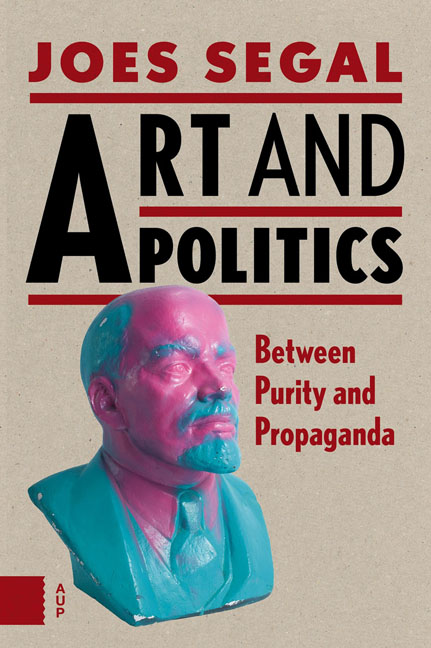Book contents
- Frontmatter
- Contents
- Introduction
- 1 Positive and Negative Integration: The First World War in France and Germany
- 2 Between Nationalism and Communism: Diego Rivera and Mexican Muralism
- 3 National and Degenerate Art: The Third Reich
- 4 Internal and External Enemies: The Cold War
- 5 From Maoism to Capitalist Communism: The People’s Republic of China
- 6 The In-Between Space: Kara Walker’s Shadow Murals
- 7 A Heavy Heritage: Monuments in the former Soviet Bloc
- Conclusion
- Notes
- Bibliography
- Index of names
6 - The In-Between Space: Kara Walker’s Shadow Murals
Published online by Cambridge University Press: 16 February 2021
- Frontmatter
- Contents
- Introduction
- 1 Positive and Negative Integration: The First World War in France and Germany
- 2 Between Nationalism and Communism: Diego Rivera and Mexican Muralism
- 3 National and Degenerate Art: The Third Reich
- 4 Internal and External Enemies: The Cold War
- 5 From Maoism to Capitalist Communism: The People’s Republic of China
- 6 The In-Between Space: Kara Walker’s Shadow Murals
- 7 A Heavy Heritage: Monuments in the former Soviet Bloc
- Conclusion
- Notes
- Bibliography
- Index of names
Summary
Art is intimately connected to storytelling. Traditionally, artworks evoked stories, real or fictitious, or prompted viewers to construct their own narratives. In the nineteenth century, adherents of the idea of ‘art for art’s sake’ dismissed all narrative and ‘anecdotal’ elements in art in favor of a purely aesthetic and self-referential approach. In the middle of the twentieth century, this view was taken to its logical conclusion by critic and art historian Clement Greenberg, who saw non-figurative art as the ultimate goal of the history of painting (see chapter 4). With this view he created his own story: the ‘master narrative’ of art history as a story of progress toward abstraction.
However, after Greenberg’s thesis lost its initial avantgarde sting and became ‘mainstream,’ it met with a lot of resistance. One obvious reason was that ‘the end of painting,’ the logical consequence of having reached art history’s final destination, did not leave much room for subsequent generations of visual artists; another objection was that non-referential art deprives the artist of the potential to be socially and politically meaningful. Since the late 1960s, more and more artists have started to address political issues in their work.
Political life is impacted in a fundamental way by the stories we tell each other. Stories that become part of our collective memory help shape our concepts of morality and social desirability, and define our place in an ongoing narrative of community life. Evidently, they are ideologically informed projections that do not coincide with life itself, but the gap between story and reality is not always recognized. The ideological implications of this gap are artistically addressed by Kara Walker, an African American artist who, with her provocative works on the topicality of racism and the history of slavery, has caused a stir in the American art world and beyond.
When do we agree or disagree about the stories we keep telling ourselves? What is Kara Walker’s take on history – how does she address the enduring relevance of the past? And why is it that Walker’s work has sent a shock wave through the American art world, provoking the most extreme and controversial responses?
- Type
- Chapter
- Information
- Art and PoliticsBetween Purity and Propaganda, pp. 99 - 110Publisher: Amsterdam University PressPrint publication year: 2016



